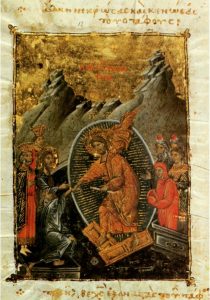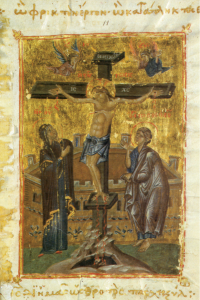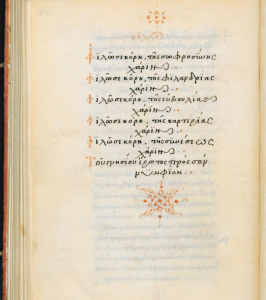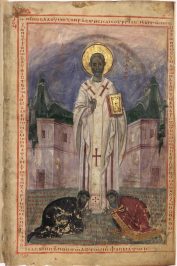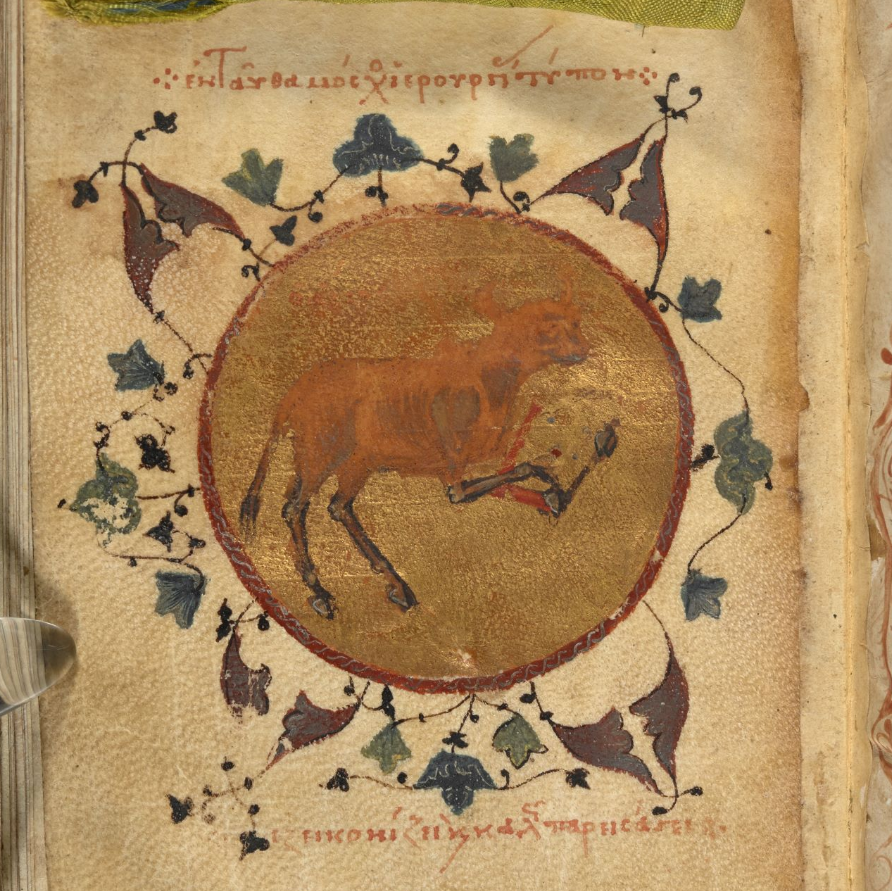Since 2010, the Database of Byzantine Book Epigrams team (that is: we) have been growing an online corpus of metrical paratexts, several of which were previously unpublished or unknown altogether, and made them freely available to the scholarly community (that is: you).
A new version of our database (https://www.dbbe.ugent.be) was launched in June 2019. Exactly one year later, we are organising a two-day conference. Together with anyone interested in this particular genre of Byzantine poetry, we want to celebrate and reflect on what we have achieved so far and look ahead at what is – hopefully! – yet to come. Moreover, we want to stimulate communication and collaboration with other projects that are growing online corpora of texts.
You can partake in two different types of sessions.
In our demo sessions you can present your project and discuss your experiences in growing your online corpus (10-15 minutes). We are confident this will lead to a lively discussion on challenges we all face, such as data presentation, interoperability, and sustainability.
In our thematic sessions you can present your research on Byzantine book epigrams (20 minutes). Possible topics include:
- editing book epigrams
- theoretical reflections on the concept of book epigrams and other metrical paratexts
- book epigrams as a way to study the history of manuscripts
- visual aspects of book epigrams
- literary texts that function (or may have functioned) as book epigrams
- metre and language of book epigrams
- book epigrams in languages other than Greek
We especially welcome contributions inspired by the Database of Byzantine Book Epigrams.
Confirmed speakers include Georgi Parpulov (University of Birmingham) and Andreas Rhoby (Austrian Academy of Sciences).
Interested? Send us an abstract (up to 300 words, PDF) by 15 November 2019 (dbbe@ugent.be, subject “Growing Corpora – abstract”) and we will get back to you early December.
Note that we want our conference to reflect who we are as a team: welcoming and inclusive. Costs will be kept to a minimum and we are working hard to secure funding to support anyone for whom traveling might not be evident, including early career or independent scholars and carers of young children.
For any further information, please visit our conference website (https://www.dbbe2020.ugent.be).
Spread the word! DBBE_conference_2020_CFP
